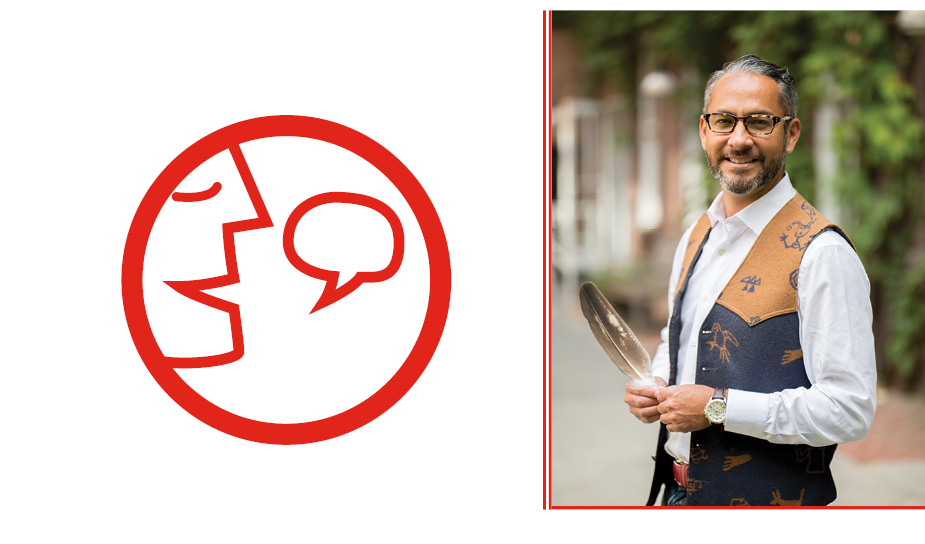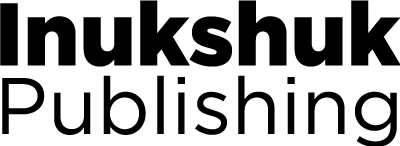Opinion: Forging Supply-chain Links

Procurement Key to Building a Sustainable Indigenous Economy in Canada.
The core of Canada’s economy is dependent on our capacity to ensure every member of the Indigenous population is active and engaged at their level of their talents and abilities. But this type of structure does not happen naturally. A conscious effort must be made to ensure Indigenous peoples are included in new industries, expanding the opportunities and aspirations for generations to come. Indigenous populations are a strong example of such a group, representing a growing capacity to fulfill social procurement. According to the Canadian Council for Aboriginal Business research department, the number of Aboriginal entrepreneurs and businesses is growing at the impressive rate of 15.6 per cent between 2006 and 2011, outpacing the national average and representing every region and industry type. The most effective way to grow the Indigenous economy is through Indigenous procurement in the supply-chain.
Procurement not only generates revenue for Indigenous businesses, it forms relationships, partnerships, drives local employment, and has a direct impact on the wealth and wellbeing of Indigenous communities. The focus on Indigenous procurement in the private sector has been increasing in recent years and many national corporations are leading the way through developing relationships with Indigenous businesses. Take CCAB Progressive Aboriginal Relations certified organizations Suncor Energy and Civeo, for example. When these companies evaluate bids, they consider social value alongside quality and profitability. In highly competitive industries, using a procurement scorecard that acknowledges Indigenous ownership and representation gives Aboriginal businesses a slight advantage on their offers. This added incentive encourages already highly competitive Indigenous companies to participate in corporate supply-chains. It also provides a springboard for companies to gain confidence and familiarity with the corporate procurement process, which may lead to the expansion of business beyond initial contracts.
Over the past 20 years, relationships between Indigenous communities, businesses and corporate Canada have evolved from impact benefit agreements, partnerships to equity stakes in projects with some of Canada’s leading organizations. Take, for example, “the two northern Alberta First Nations have closed the deal on the purchase of a 49 per cent interest in a Suncor Energy oil sands storage facility for $503 million (the project, known as the East Tank Farm Development). Fort McKay now owns 34 per cent of the development while the Mikisew Cree First Nation owns 15 per cent. The groups will receive revenue from the investment for the next 25 years (CBC News).” The existing examples of Indigenous procurement and equity stakes in projects provide a solid foundation for a new way forward for building sustainable Indigenous businesses and communities, one that capitalizes on the desire and motivation of many Indigenous communities and businesses to reach their full potential (economic and otherwise).
There are still gaps between the have and have-not Indigenous communities and there remains much work to be done across all industries, between government and Corporate Canada, who both play a strong role. Indigenous economic development has been extensively studied over the past few decades; recognition must be given to Indigenous businesses and communities who have openly discussed their experiences, both positive and negative, in hopes that it will contribute to federal and provincial policy changes that make it easier for them to achieve success and sharing wealth. There is a strong rationale for Indigenous procurement in Canada and some companies are setting a positive example, though no formal process or policy exists to date. The recognition and expansion of a procurement scorecard at the municipal, provincial and federal level could be the answer to ensuring a better functioning, more inclusive, and more sustainable Indigenous economy in Canada.
JP Gladu is the President and CEO of the Canadian Council for Aboriginal Business (CCAB), he speaks extensively not only across Canada but internationally as he shares the challenges and successes of Aboriginal business in Canada today.

